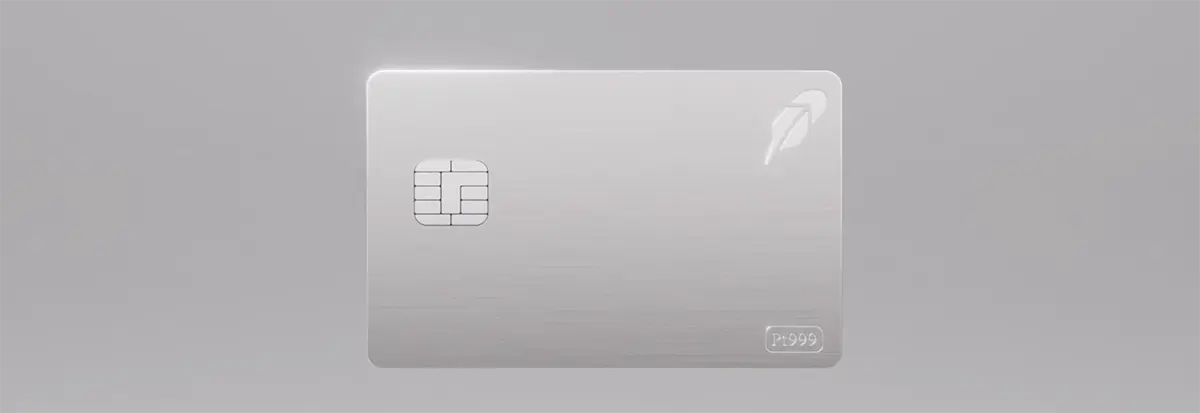
Kudos has partnered with CardRatings and Red Ventures for our coverage of credit card products. Kudos, CardRatings, and Red Ventures may receive a commission from card issuers. Kudos may receive commission from card issuers. Some of the card offers that appear on Kudos are from advertisers and may impact how and where card products appear on the site. Kudos tries to include as many card companies and offers as we are aware of, including offers from issuers that don't pay us, but we may not cover all card companies or all available card offers. You don't have to use our links, but we're grateful when you do!
Does Medical Debt Report to Credit Bureaus
July 1, 2025


Quick Answer
Medical debt can land on your credit report, but not immediately. A one-year grace period is required before unpaid medical collection debt can appear on your report, giving you time to resolve the bill with the provider or your insurer.
Medical Debt and Your Credit
Medical debt is money owed for healthcare services, treatments, or products. This can range from hospital stays and emergency room visits to prescription costs. Unlike other debts, it's often unplanned, resulting from unexpected illnesses or accidents, which can make it particularly challenging for consumers to manage.
Traditionally, medical debt appears on credit reports only after an unpaid bill is sent to a collection agency. More recently, specific financial products like medical credit cards and buy-now-pay-later plans for procedures have emerged. These credit lines also represent medical debt and can affect your credit history.
Does Medical Debt Report to Credit Bureaus?
Whether your medical debt is reported to credit bureaus depends on the provider's policies. Information shared can include your balance, payment history, and account opening date. Since policies vary, contact the provider’s support for definitive details on your specific account. Several events can trigger a report:
- Statement Closing Date: Your account status and balance are often reported shortly after your monthly statement closes.
- Late Payments: Payments over 30 days late are typically reported, which can negatively impact your credit score.
- Account Opening: Opening a new medical credit line or financing plan is usually reported to the credit bureaus.
- Collections Activity: An account being sent to a collections agency is almost always reported to credit bureaus.
Who Does Medical Debt Report Credit Information to?
Medical debt information is typically reported to the three major credit bureaus:
- Equifax
- Experian
- TransUnion
When does Medical Debt Report to Credit Bureaus?
There isn't a universal clock that dictates when an unpaid medical bill will land on your credit report. The timing largely depends on the internal policies of the healthcare provider and when they decide to turn the account over to a collection agency. Some providers might send a bill to collections after 90 days of non-payment, while others may wait much longer. It is this transfer to a third-party collector that typically triggers the reporting to the major credit bureaus—Equifax, Experian, and TransUnion. Therefore, the process is less about a fixed schedule and more about the specific actions taken by the original creditor.
How Reporting Can Affect Your Credit Score
Positive impact
- Making consistent, on-time payments on a medical debt plan can build a positive payment history, the most important factor in credit scoring.
- Paying off a medical collection can boost your score, as newer FICO and VantageScore models disregard collections with a zero balance.
- Since medical debts under $500 are no longer included on credit reports, small, unexpected bills won't inadvertently harm your credit score.
Potential negatives
- An unpaid medical bill over $500 that goes to collections will add a derogatory mark, significantly damaging your credit score for years.
- Missing payments on a medical debt repayment plan directly hurts your payment history, which makes up the largest portion of your credit score.
- Even after being paid, a collection stays on your report for seven years, which can negatively influence lenders using older scoring models.
Tips for Managing Credit with Medical Debt
Navigating medical debt while protecting your credit score can feel like a tightrope walk, but there are concrete steps you can take. Here are several strategies to help you manage the situation effectively:
- Regularly check your credit reports from all three bureaus for any errors related to medical bills and dispute inaccuracies promptly to protect your score.
- Contact the healthcare provider to discuss negotiating the total bill amount or arranging an interest-free payment plan before it impacts your credit history.
- Know your rights: Paid medical collection debt is no longer included on credit reports, and unpaid debts under $500 also won't appear on them.
- Steer clear of paying medical bills with credit cards. This can increase your overall debt and negatively affect your credit utilization ratio and score.
- Investigate if you qualify for hospital charity care or other financial aid programs that can help reduce or forgive your outstanding medical debt burden.
Frequently Asked Questions
How long does medical debt stay on your credit report?
Typically, negative information, including medical collections, can remain for up to seven years. However, recent policy changes mean that paid medical collection debt is now removed from credit reports, and new unpaid medical debt won't appear for a full year, giving you time to resolve it.
Can I dispute incorrect medical debt on my credit report?
Absolutely. The Fair Credit Reporting Act gives you the right to dispute any information you believe is inaccurate. You can file a dispute directly with the credit bureau reporting the error, which will then investigate your claim with the data furnisher, such as the collection agency.
Will paying off medical debt remove it from my credit report?
Yes. Thanks to recent changes by the major credit bureaus, once you pay off a medical collection account, it must be removed from your credit history. This is a significant shift from the past, where paid collections could still linger and negatively impact your score for years.
Get More From Your Credit Cards
If you want to maximize your credit card rewards, Kudos is the ultimate free shopping assistant for your online purchases. Better yet, we're giving you $20 back on your first qualifying purchase when you sign-up for free with code 'GET20' and buy from a Boost merchant.
Unlock your extra benefits when you become a Kudos member

Turn your online shopping into even more rewards

Join over 400,000 members simplifying their finances

Editorial Disclosure: Opinions expressed here are those of Kudos alone, not those of any bank, credit card issuer, hotel, airline, or other entity. This content has not been reviewed, approved or otherwise endorsed by any of the entities included within the post.



































.webp)







